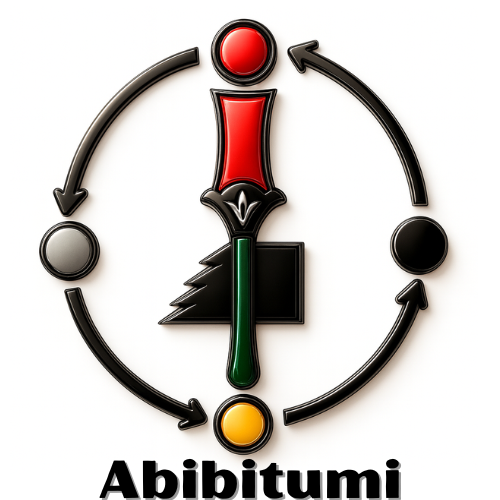-
I finished this insightful book a couple weeks ago, and I must say, it was worth it. George G.M. James goes into great detail on how the greeks stole the knowledge from Ancient Kmt , then labeled said knowledge as “their discoveries”. Additionally, he also exposed “the great thinkers” as a group of fraudsters and copycats (Aristotle, Hippocrates, Socrates, etc). I recommend this book for sure. Below are a few of my favorite excerpts from the book .
“The Period of Greek Philosophy (640-322 B.C.) was a period of internal and external wars, and was therefore unsuitable for producing Philosophers. History supports the fact that from the time of Thales, to the time of Aristotle, the Greeks were victims of internal disunion, on the one hand, while on the other, they lived in constant fear of invasion from the Persians who were a common enemy to the city states.” (page 17)
“Apart from what was written on the Atom, the name of Democritus is associated with a large list of books, dealing with over sixty different subjects, and covering all the branches of science known to the ancient world. In addition to this vast field of knowledge, the list also contains books on Military Science, Law and Magic. Clearly, the accumulation of such a vast range of knowledge, by a single individual, written in a single lifetime is impossible both physically and mentally. The method among the ancients of imparting knowledge was by gradual stages, followed by evidence of proficiency, which in turn was also followed by initiations, which marked every step in the progress of the Neophyte. The progress of training was slow and no Neophyte could accomplish such knowledge in his life time as took the Egyptians over five thousand years to accumulate. These human limitations are as true today as they were among the ancients; for our great scientists of the Modern World are specialists only in single subjects.” (page 54)
“In this list Aristotle has told the world that he wrote texts on (a) Mathematics, Physics and Theology, (b) Ethics, Economics, and Politics and (c) Poetry, Art and Rhetoric. Now, in order to write these texts one must have received his education and training in the subjects on which they are written. We are told in the history of Greek philosophy, that Socrates taught Plato and that Plato taught Aristotle. But there is no evidence that Socrates ever taught mathematics or economics or politics. Consequently, it was impossible for him to teach Plato these subjects, and also impossible for Plato to teach Aristotle these subjects, under the Egyptian Mystery System which was graded, and which required proof of efficiency before promotion. We are therefore unable to accept the claim of Aristotle to have been the author of those books.” (pages 89-90)

